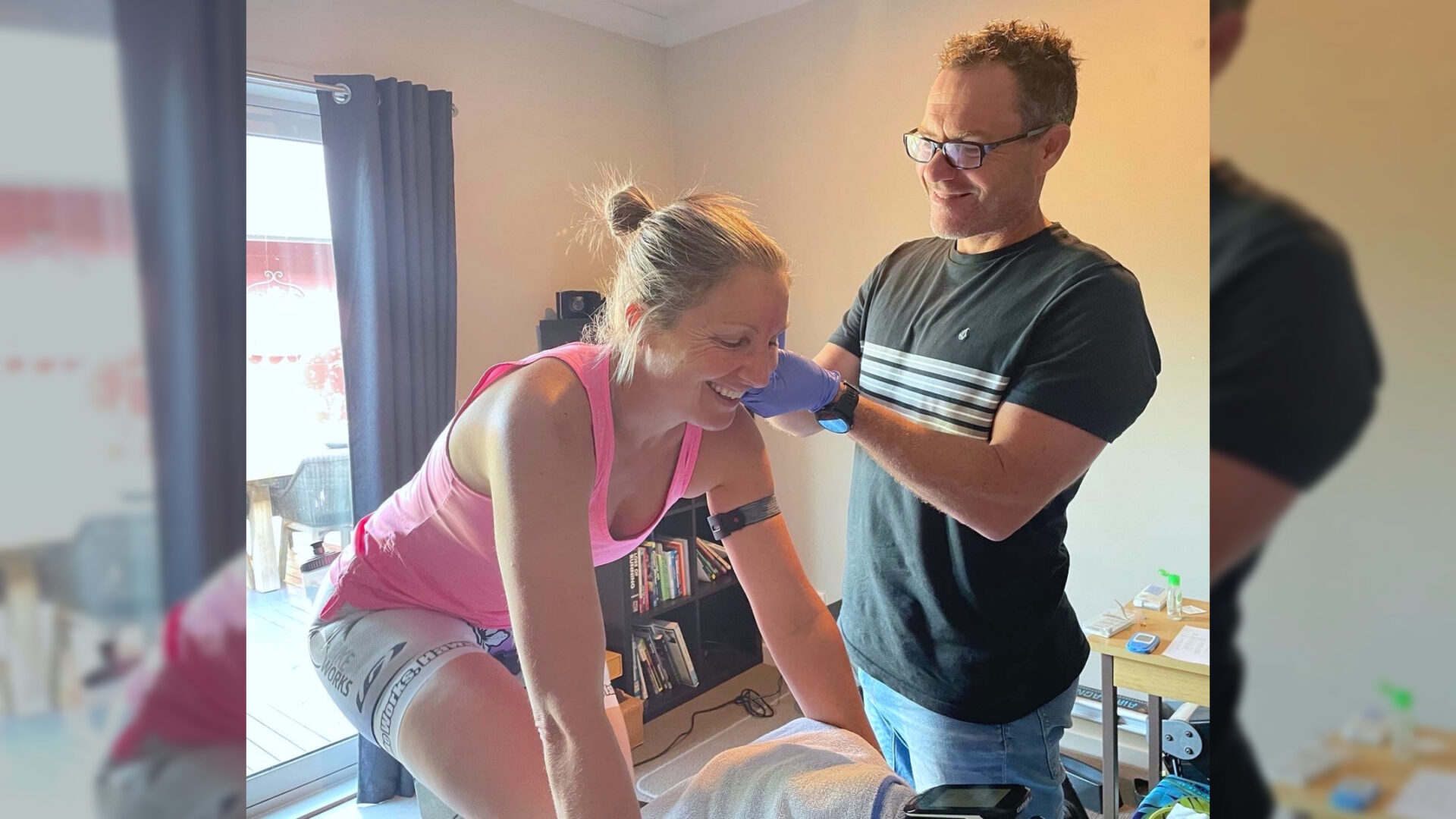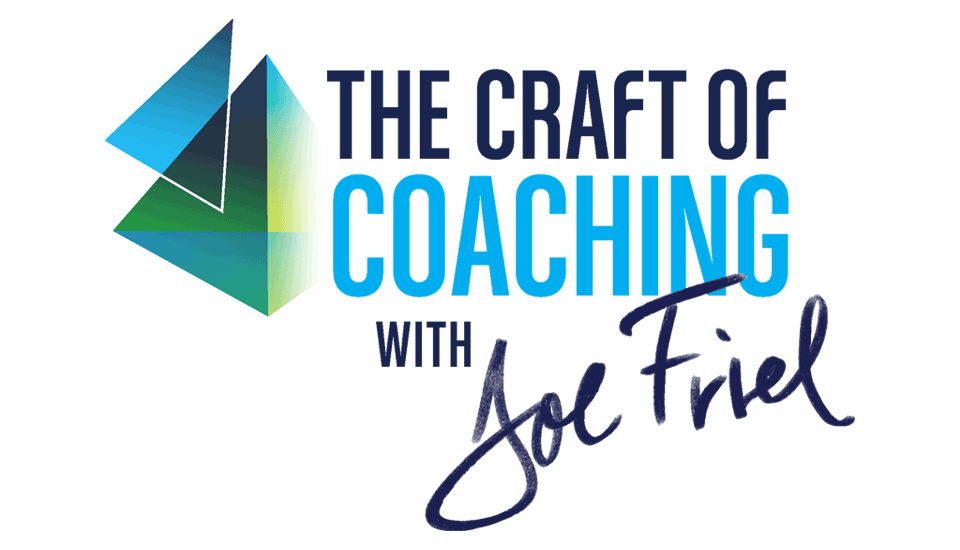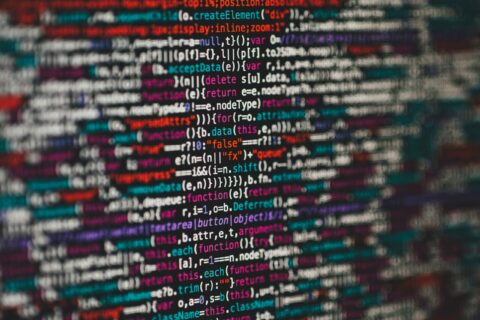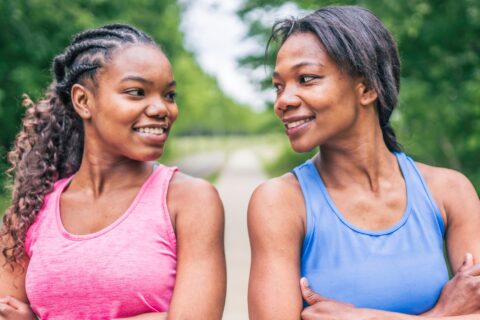It can be difficult for male coaches to know their role in helping female athletes navigate performance in context of the menstrual cycle and hormones. Coach Bevan McKinnon shares his experience and learning on this topic and some helpful tools.
It can be difficult for male coaches to know their role in helping female athletes navigate performance in context of the menstrual cycle and hormones. Coach Bevan McKinnon shares his experience and learning on this topic and some helpful tools.





